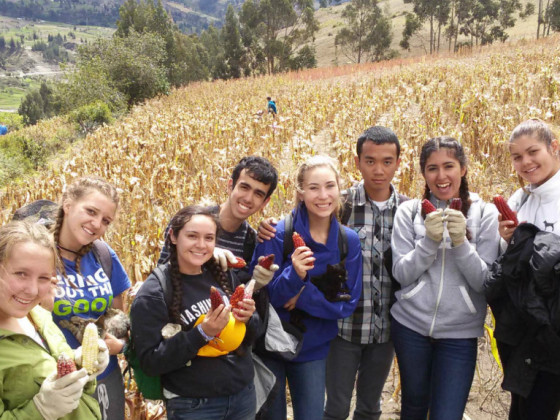In June of this year, I volunteered for Global Glimpse, a non-profit organization that leads leadership development trips for teenagers to visit developing countries. Global Glimpse aims to “open the eyes of tomorrow’s leaders” by guiding students through travel experiences that help them rethink their perspective on the world around them.
I was a returning leader this summer who had written about the value of these programs in the past. And yet, I still returned surprised by the learning I gained from our trip. After eighteen days leading teenagers around Ecuador, here’s what I didn’t expect:
